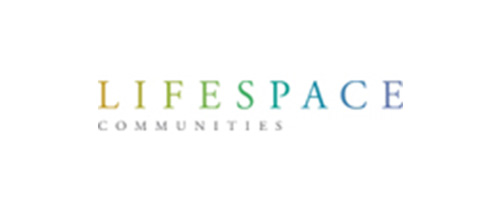[UNCARING] Healthcare ageism manifesto reveals global inequities
The first global manifesto against ageism in healthcare was released on April 9 at the Anti-ageism Alliance congress, organized under the auspices of the Italian Society of Gerontology and Geriatrics, the International Association of Gerontology & Geriatrics, and the European Geriatric Medicine Society.
The manifesto, published simultaneously in three peer-reviewed journals, was developed by global experts, including World Health Organization (WHO) representatives, and coordinated by Andrea Ungar, professor of geriatrics at the University of Florence. It identifies 12 concrete actions to combat age-related bias in healthcare and improve quality and length of life for older adults.
"Ageism is a global problem: one in two people around the world is moderately or highly ageist toward older people, with a really serious impact. It decreases physical and mental health and increases social isolation," said Alana Officer, head of the department on Demographic Change at WHO and of the Healthy Ageing campaign. "WHO is leading a global campaign to combat ageism and build a broad coalition so that we all work together to eliminate it."
"Although many healthcare providers around the world are working to ensure that older people receive the most advanced treatments, 40% of older people are still excluded from the best healthcare practices and from clinical trials for drug testing, with a negative effect on longevity," stressed Ungar, coordinator of the Florence Charter.
"The actions proposed in the Carta of Florence [aim] to reverse the trend [and] focus, above all, on the need to prioritize the elderly in emergency rooms; on redesigning hospitals to make them more age-friendly; and reducing isolation and bedridden immobility of patients," said Luigi Ferrucci, coordinator of the Florence Charter along with Andrea Ungar and scientific director of the National Institute on Aging in Baltimore.
"Fundamental," added Ungar, "is a change in the approach to the care of the elderly, who cannot be treated 'piecemeal,' but must be followed with an overall view by the geriatrician, as a doctor of complexity."
To download the full report, click here
Do you have news to share?
The ICAA welcomes your news submissions. Please send your press releases to colinmilner@icaa.cc-the ICAA's email for submissions-and staff will consider your news for possible publication. Newsworthy topics include such things as center/community openings; initiative or campaign launches; announcements of awards, promotions or grants; and other topics of interest to active-aging professionals.
Share




































